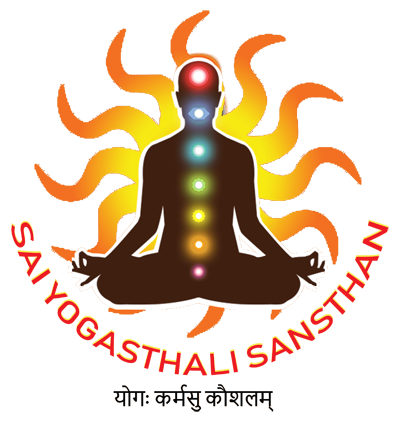Naturopathic practice is based on a belief in the body’s ability to heal itself through a special vital energy or force guiding bodily processes internally. Diagnosis and treatment concern primarily alternative therapies and “natural” methods that naturopaths claim promote the body’s natural ability to heal. Naturopaths focus on a holistic approach, often completely avoiding the use of surgery and drugs. Naturopaths aim to prevent illness through stress reduction and changes to diet and lifestyle, often rejecting the methods of evidence-based medicine.
Naturopaths are often opposed to mainstream medicine and take an antivaccinationist stance.
The particular modalities used by a naturopath vary with training and scope of practice. These may include herbalism, homeopathy, acupuncture, nature cures, physical medicine, applied kinesiology, colonic enemas, chelation therapy, color therapy, cranial osteopathy, hair analysis, iridology, live blood analysis, ozone therapy, psychotherapy, public health measures and hygiene, reflexology, rolfing, massage therapy, and traditional Chinese medicine. Nature cures include a range of therapies based on exposure to natural elements such as sunshine, fresh air, or heat or cold, as well as nutrition advice such as following a vegetarian and whole food diet, fasting, or abstention from alcohol and sugar. Physical medicine includes naturopathic, osseous, or soft tissue manipulative therapy, sports medicine, exercise, and hydrotherapy. Psychological counseling includes meditation, relaxation, and other methods of stress management.
A 2004 survey determined the most commonly prescribed naturopathic therapeutics in Washington State and Connecticut were botanical medicines, vitamins, minerals, homeopathy, and allergy treatments. A examination published in 2011 of naturopathic clinic websites in Alberta and British Columbia found that the most commonly advertised therapies were homeopathy, botanical medicine, nutrition, acupuncture, lifestyle counseling, and detoxification.


